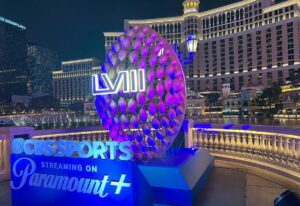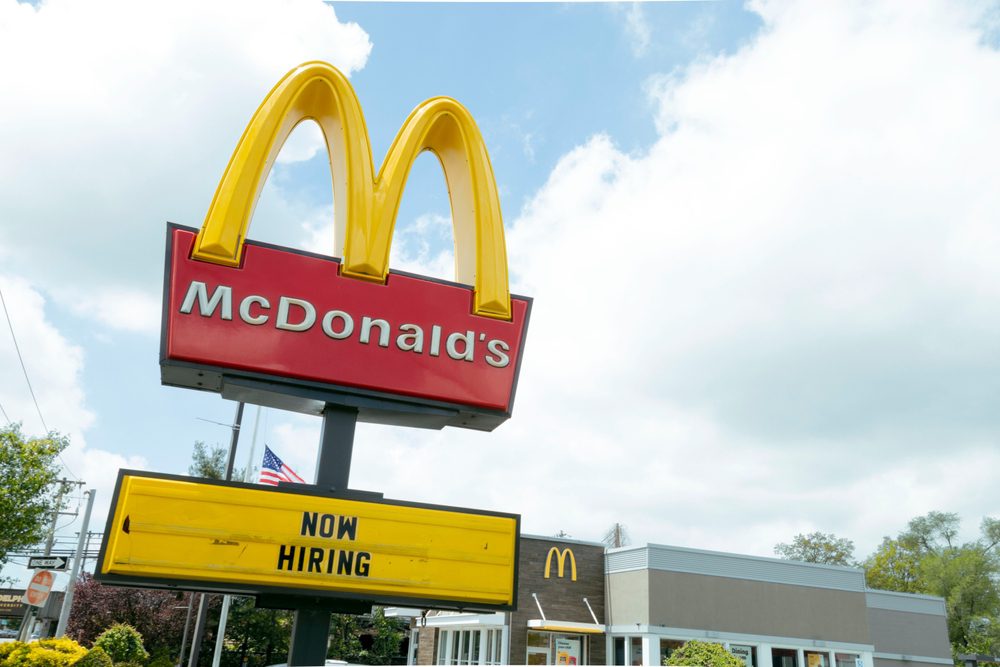
Massachusetts small business SunBug Solar got big time marketing exposure earlier this month with an advertising takeover of Boston’s TD Garden.
The takeover—during a Boston Bruins Sunday afternoon home game—was TD Bank’s first small business takeover with a client at the fabled arena, for which it holds the naming rights.
“It’s hard to quantify what it would cost because this isn’t sold as an adverting package,” says Ben Mayer, VP of marketing and residential sales for SunBug Solar of the value of opportunity. “But I’m sure it’s beyond a number that we could afford.”
The 10-year-old Arlington, MA-based solar system designer was nominated for the takeover by a TD Bank employee who was himself a SunBug customer. “The story behind it is the definition of a good old fashioned B2B relationship,” says Mayer, noting the timeframe leading up to the event was only about two weeks.
“We had to scramble to put together the materials,” he says. “It’s not just our logo on the board—it’s the graphics on the 360 LED screen, it’s the graphics on the jumbotron and all over the concourse. We were on all of the in-house TV channels—everywhere TD would have had advertising during the game, there was SunBug messaging.”
You May Also Enjoy:
- Detroit Pistons Help B2B Brands Speed Date
- B2B Ecommerce Portal Helps United Rentals Improve Customer Experience
- CMO: Q&A Rishi Dave on the Transformation of Vonage
Social media promotion led up to the game, where company representatives also engaged in an activation on the concourse, giving SunBug system designers the chance to interact with hockey fans and help them evaluate if their roof was a good fit for solar.
Such interaction is key for SunBug, which takes a very educational/consultative approach to marketing and selling to both consumers and businesses, raging from individual residences to large commercial clients.
“It’s a massively educational project, because we haven’t reached the part of the solar adoption curve where everybody gets it,” says Mayer, noting prospects need education on not only the technology and the value of solar, but the local rules and regulations surrounding installation. “It’s not like a car and it has four wheels and everybody gets it. It’s more like ‘what’s a car?’”
One challenging aspect of marketing for SunBug is that the solar market is heavily influenced by outside forces, most of which they can’t control. For example, if someone in the government or a representative of a large solar player like Tesla subsidiary Solar City makes a comment to the press, suddenly that idea is on everyone’s minds.
“They have a ton of resources, so if they do an ad campaign or put something in market, that becomes what everybody thinks,” he says. “It might be good information or it might not be ideal. The solar market is very reactionary.”
Traditional marketing techniques are typically only used sparingly by SunBug. The company’s email list, for example, might only be utilized once or twice a year, to inform customers about local policy changes surrounding solar. Direct mail is usually only used in relationship with partner programs, such as when the company has been chosen as the solar option for a community. On the B2B side, it might be applied in highly targeted ways, with fun dimensional mailings designed to get on the radar of specific prospects, to encourage them to set up a meeting.
The company isn’t aggressively pursuing social. Some channels like Twitter are a little too short and sweet for the company to make a point, but Facebook can work better as a place to go into depth with education.
Underwriting on public radio is used for brand awareness, while PPC and SEO are good lead gen resources. Tables at local events are also good for engagement for SunBug, which has a fairly even split of B2B and B2C customers.
“The biggest and most important metric is are people coming to us because they heard about us [independently] or from another customer,” says Mayer. “We track the number who came from a reputation based lead source, like a review on Yelp referral.”
Not surprisingly, the B2B sales cycle is typically much longer than consumer. “The big part of the sales cycle for solar is that you have to interconnect your system to the utility grid, and its different for a homeowner with 20 panels as opposed to a business that might have 2000 panels,” he notes. “It can take months and months to do permitting for a business, in terms of rules and regulations.”

 Network
Network

